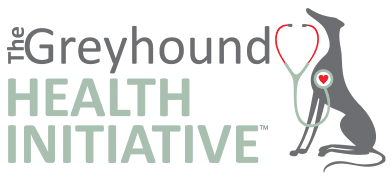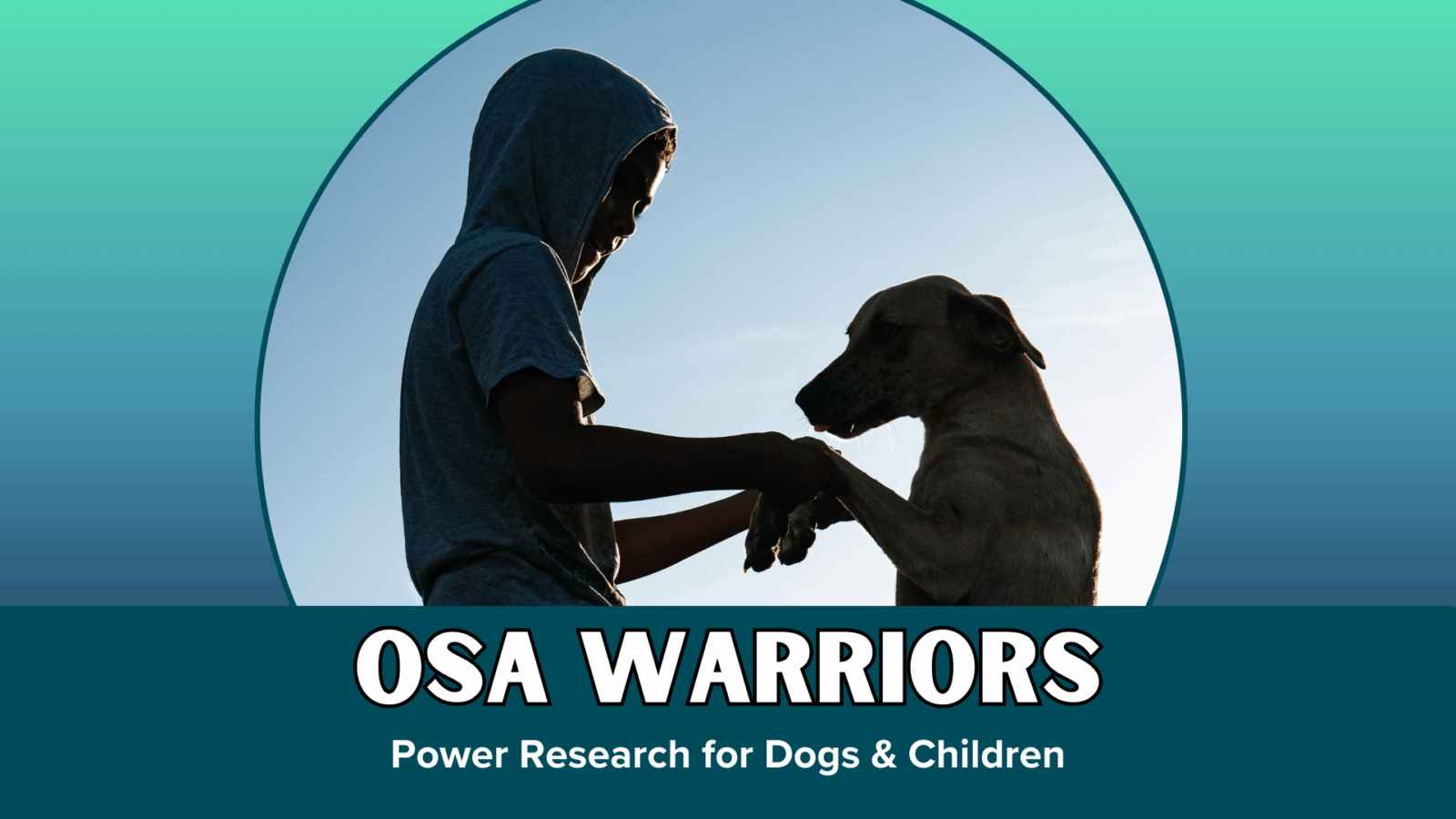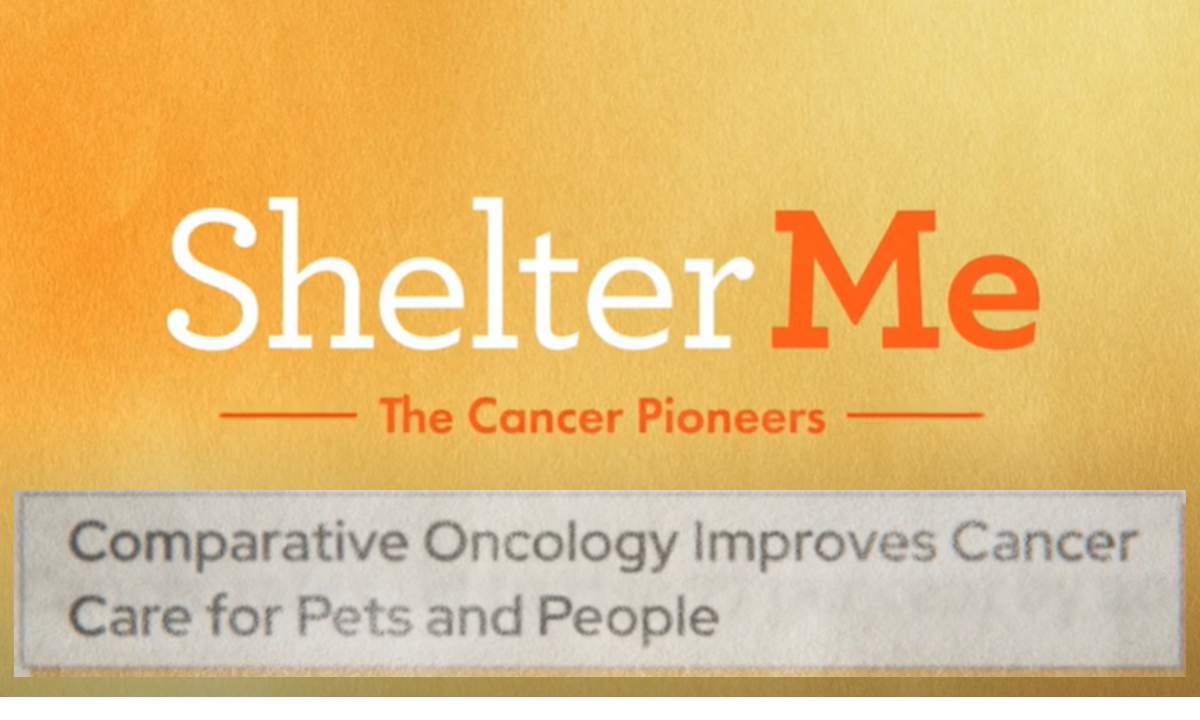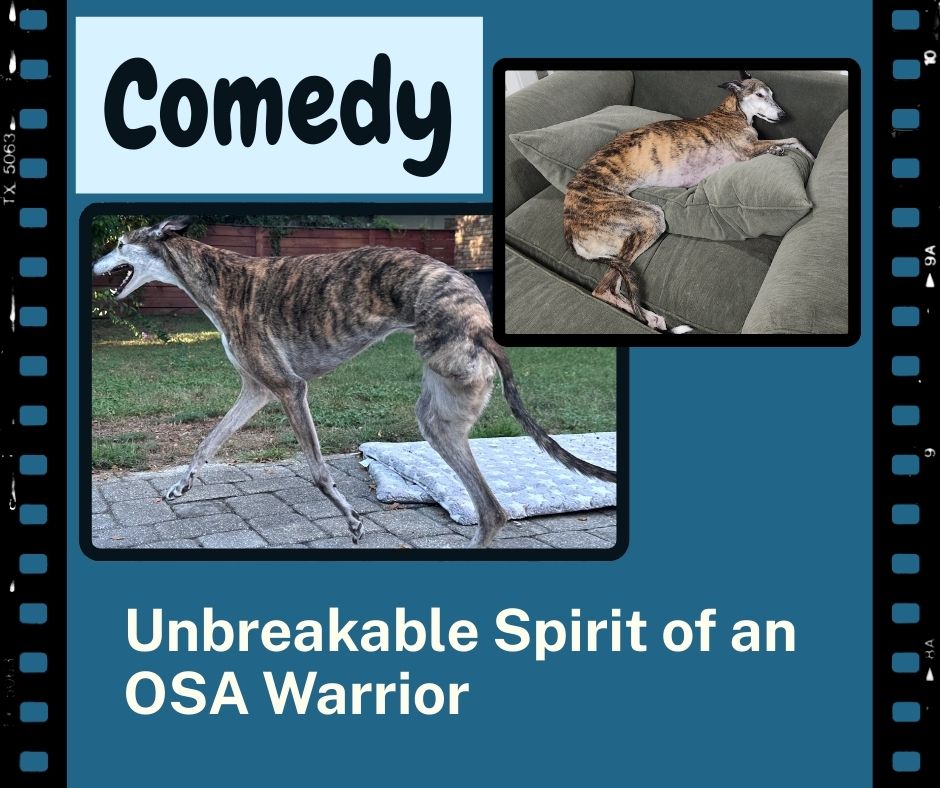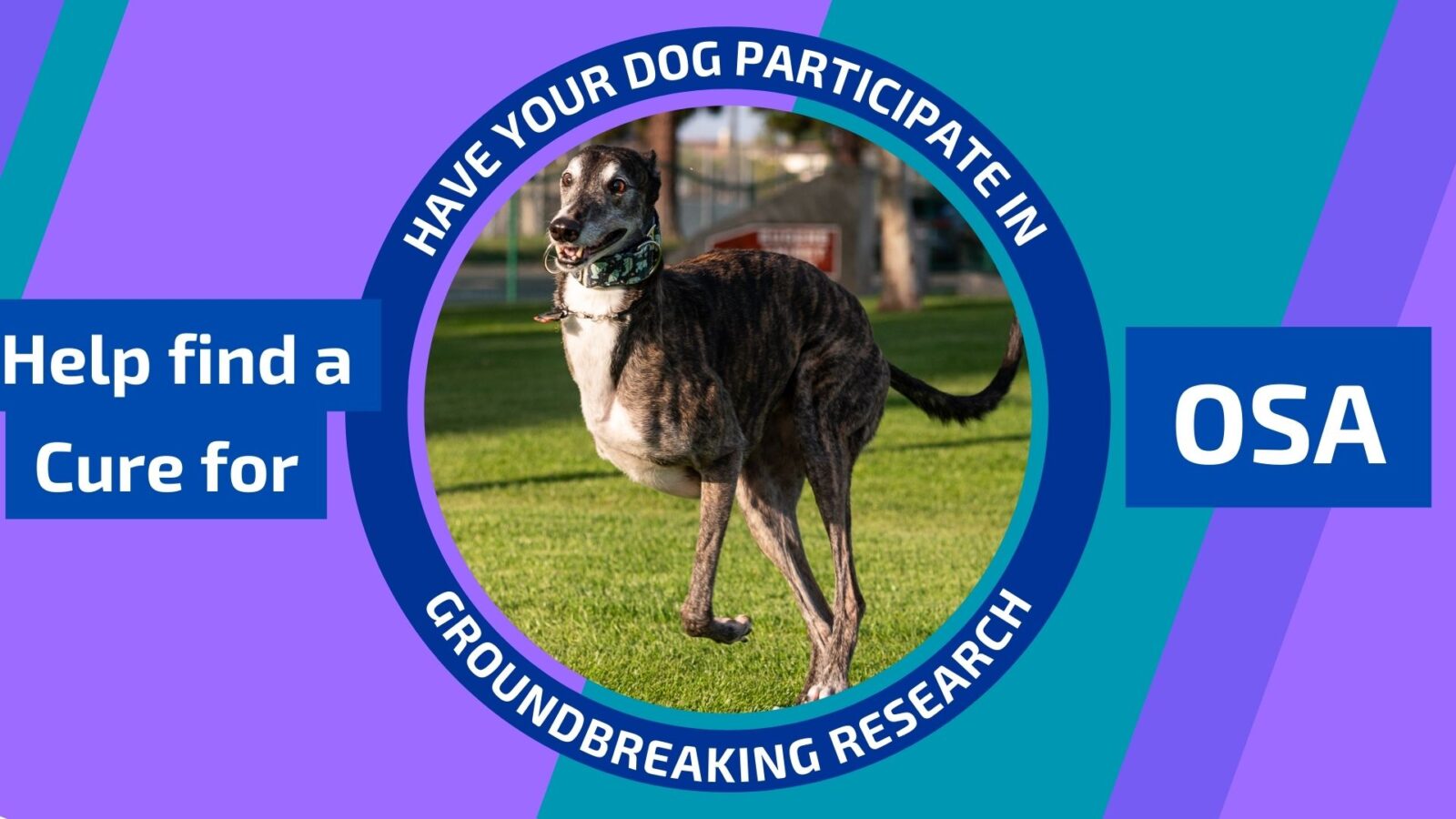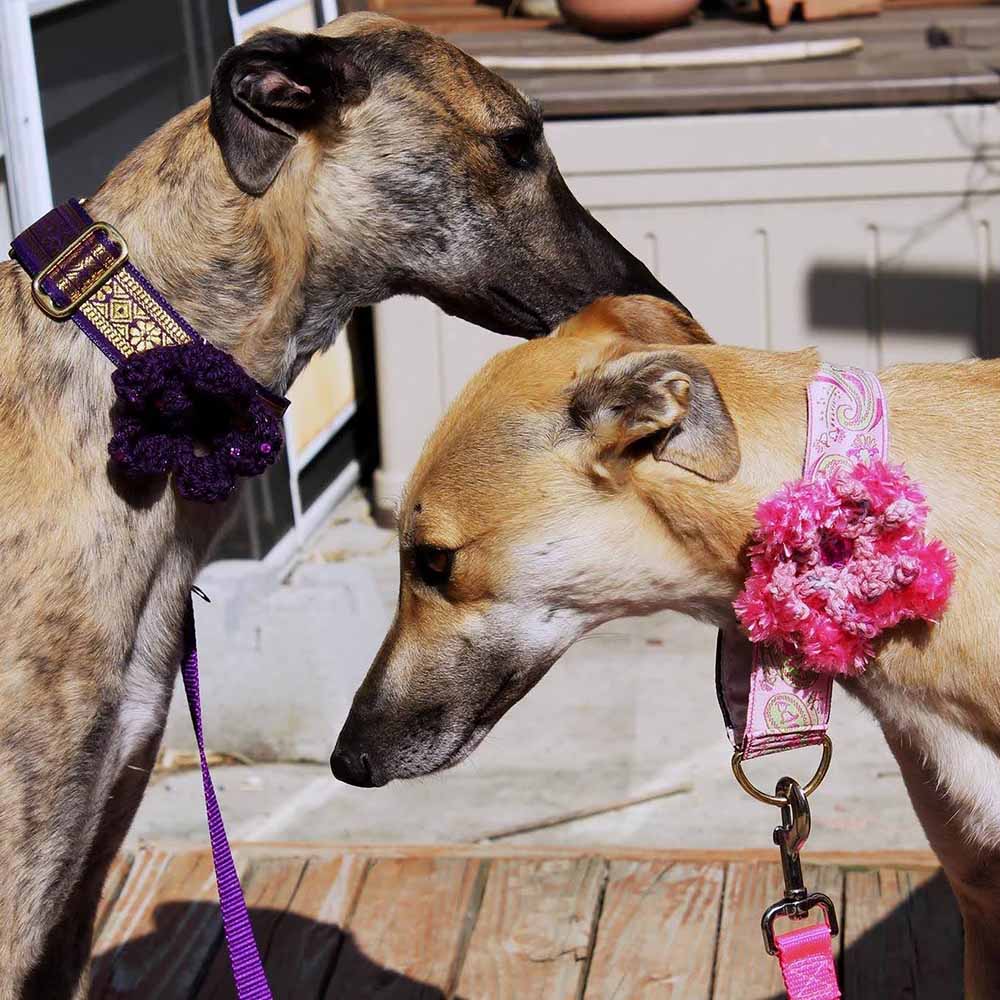Osteosarcoma Study Participants Needed
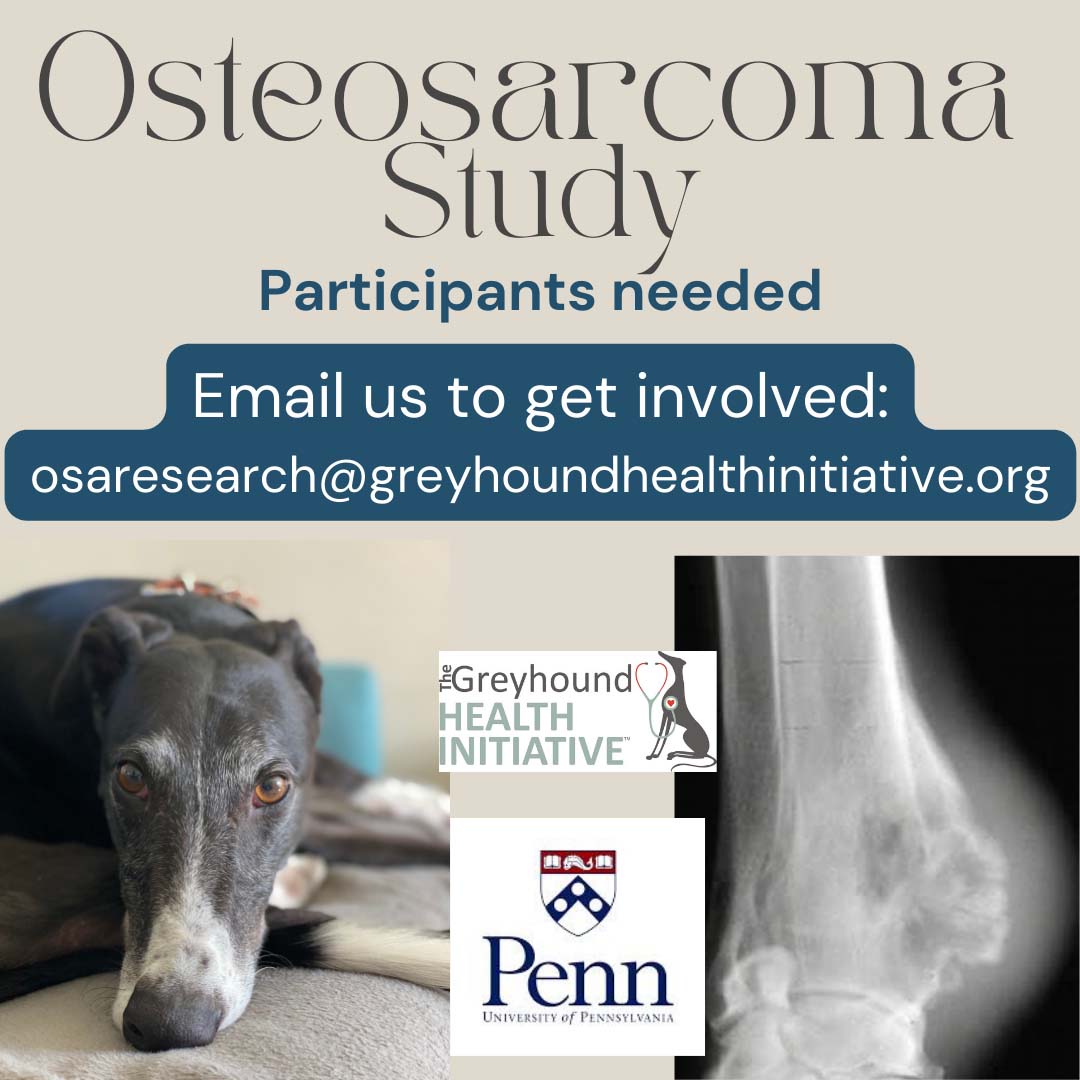
Has your dog been diagnosed with Osteosarcoma and is scheduled (or going to be scheduled) for a limb amputation? If so, you and your veterinarian surgeon can participate in a study with Kay Foos, Daniel Powell PhD., and Nicola Mason BVetMed, PhD at the University of Pennsylvania School of Veterinary Medicine.
The team at UPenn are researching the feasibility of a new cellular immunotherapeutic approach for dogs with osteosarcoma. Fresh tumor samples are needed, collected at the time of amputation, to be sent to the Mason laboratory at UPENN where they will undergo processing.
As an OWNER, what am I being asked to do?
- We are asking you to allow a small portion of your dog’s tumor (taken from the amputated limb) to be sent to the laboratory of Dr. Nicola Mason at the University of Pennsylvania for early TIL studies.
- We will send a tumor-collection packet to your veterinarian.
- When you arrive at the veterinarian on the day of your dog’s amputation, you will be asked to sign the consent form to allow a portion of your dog’s tumor to be sent to UPenn for further studies.
- After amputation, your veterinarian will take a small piece of tumor from the amputated limb, place it in the transport liquid and ship it overnight to the Mason lab.
- It is important to note that at this early stage, participation in this study will not provide any treatment for your dog at this time. Providing consent for sharing a portion of your dog’s tumor will not provide a new therapy for your dog but it will help us learn how we might be able to attack these tumors more effectively and might help dogs in the future with this disease. This is a very early pilot study to see if we can grow and analyze the function of immune cells from osteosarcoma tumors. We are hopeful that in the future, because of this work, there may be an option to develop a new treatment for osteosarcoma.
- This is the very first step and we need your GREYT help to get started! For more information, see the owner’s informational document below. To get started, fill out the following online form or email us at osaresearch@greyhoundhealthinitiative.org:
FAQ:
Does my pet have to be a dog? Yes, we are only taking samples from canines with osteosarcoma at this time.
Does my dog have to be a greyhound? No, your dog can be any breed.
Can my vet send in a sample that was previously obtained and kept in formalin? No, we need fresh samples of the tumor at the time of surgery to be placed in a previously prepared sample collection kit from UPENN.
Does this research provide a treatment for my dog with osteosarcoma? No treatment is provided, this is for research only at this time.
As an VETERINARIAN, what am I being asked to do?
- After performing the amputation, to collect fresh (not formalin fixed) osteosarcoma tissue for studies on living tumor cells and tumor-infiltrating lymphocytes.
- For more information on the process of collecting the sample, see video below or informational document.
For Vets & Owners
For more information on osteosarcoma and the research, please watch our previously recorded webinar below or related articles.
CONTACT INFORMATION
If you have questions about the study or want to get involved, please email us at OSAResearch@greyhoundhealthinitiative.org We need at least 24 hours (48 would be ideal) notice before the pet’s amputation to get the sample collection materials to the veterinary surgeon. Please see additional contact information below if needing an immediate response.
Greyhound Health Initiative Research Coordinator Email: OSAResearch@greyhoundhealthinitiative.org, P: 1.800.416.5156, Ext 700
Dr. Nicola Mason Email: nmason@vet.upenn.edu, P: 215.898.3996
Lauren Gutstein (CHOP) Email: gutsteinl1@chop.edu
